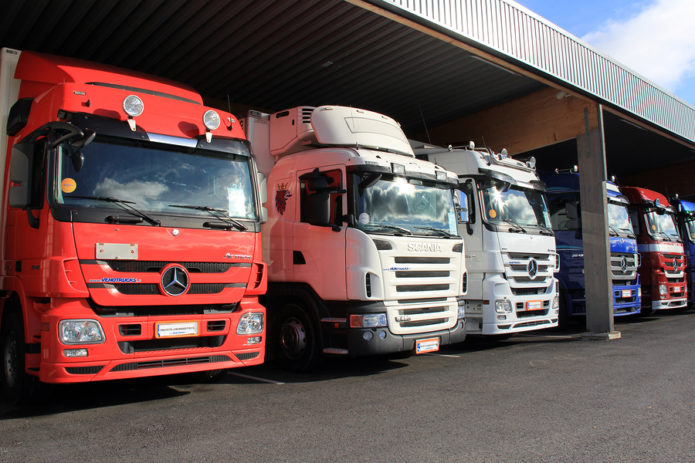The National Heavy Vehicle Regulator (NHVR) has announced that the new Chain of Responsibility (CoR) provisions under the Heavy Vehicle National Law (HVNL) will be implemented from 1 October 2018.
The roll out of the provisions has been extended to 1 October 2018 after significant industry consultation conducted by the NHVR. The extension is intended to allow industry sectors more time to adequately prepare for the new laws and to ensure that appropriate procedures are in place.
In announcing the date for implementation Mr Sal Petroccitto, CEO of the NHVR said ‘This change to the CoR laws is a significant leap forward in recognising everyone in the heavy vehicle supply chain has a role to play in ensuring safety’.
The changes to the HVNL will mean that each party in the supply chain has a primary duty to ensure that everything reasonably practical to guarantee safety in transport and reduce the risk of harm and loss, is done.
Penalties will be imposed on any member of the supply chain for breaches of the CoR provisions. These penalties are significant and will be enforced against both companies and individuals. All members of the supply chain, up to and including executives, must be aware of their obligations and take active steps to comply with those obligations.
The new CoR provisions are designed to operate in line with current workplace health and safety laws and are aimed at tightening compliance even further to ensure that transport tasks are undertaken with public safety as a priority. The obligations on members of the supply chain are positive ones meaning businesses need to be proactive in their approach to minimising risk of harm.
Operators, managers and schedulers of transport operators and their executive officers, consignors, consignees, loading managers, loaders and packers are all obligated to ensure that the HVNL is complied with. This includes, but is not limited to, ensuring that:
- drivers are not fatigued, are not required to exceed driving hours regulations or speed limits and have all necessary paperwork including Container Weight Declarations (in situations where freight containers are being moved)
- loads are packed and secured correctly and do not exceed weight and dimension limits
- vehicles are properly maintained and safe for road use
- loading and unloading of vehicles is undertaken efficiently and safely
- documents relating to the load are correct and are not false or misleading
- contingencies are in place for unexpected issues such as road delays
To avoid significant penalties for CoR breaches it is imperative that all participants in the supply chain and their management teams and owners, familiarise themselves with the changes to the HVNL and take steps to implement appropriate procedures and train staff in safety and risk management in the lead up to 1 October 2018.
